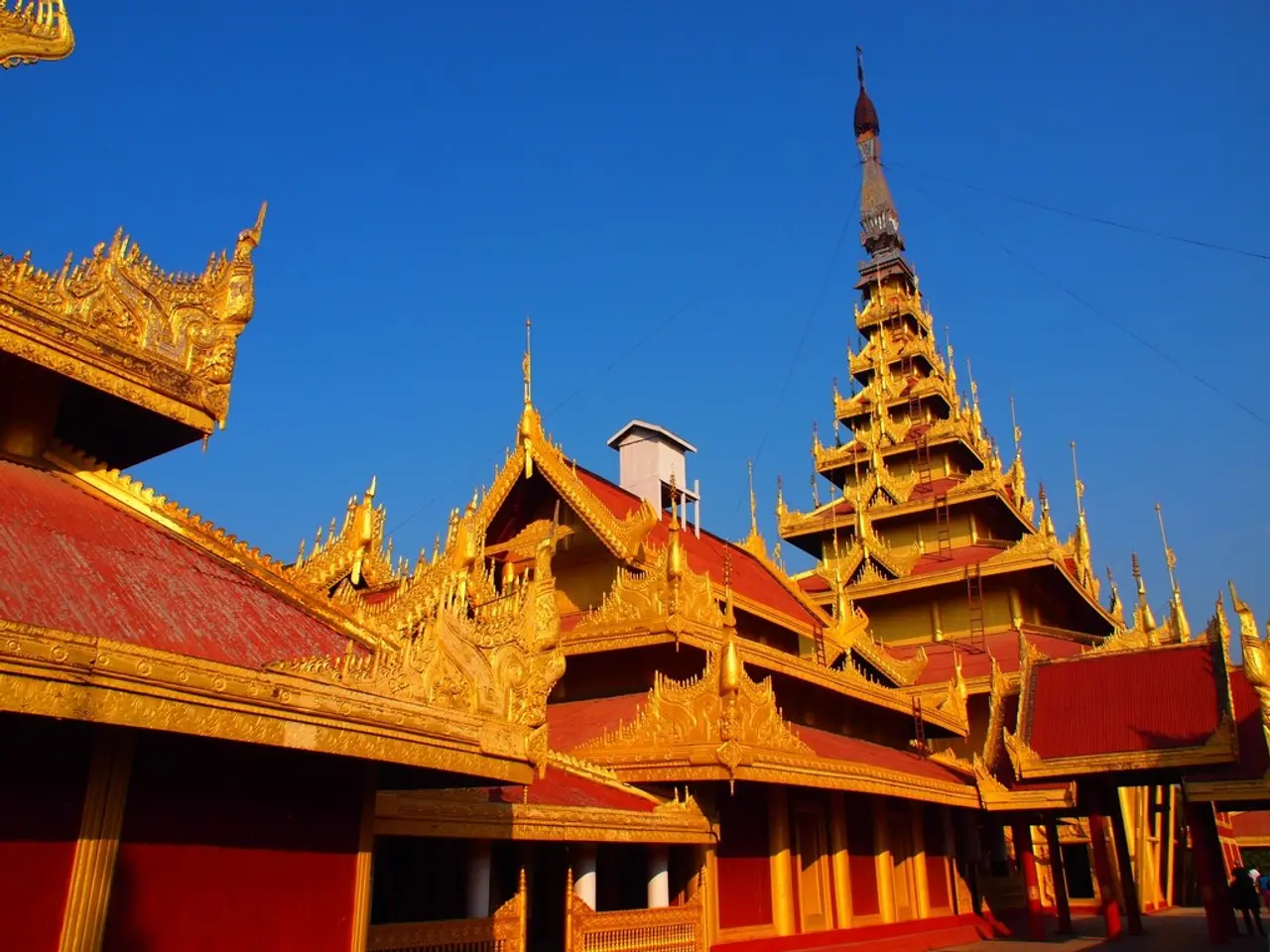Navigating the turbulence: ASEAN's strategic role in an evolving global arrangement - Phar Kim Beng
In the heart of Beijing's Tiananmen Square, on September 3, 2025, a grand military parade took place, commemorating the 80th anniversary of the end of World War II. The spectacle, which showcased an arsenal of hypersonic missiles, nuclear-capable underwater drones, stealth aircraft, and AI-enabled combat systems, was perceived as a deliberate challenge to the U.S. and its allies.
Amidst the growing tensions, ASEAN, the Association of Southeast Asian Nations, has a strategic mandate to assert itself as a voice of reason and restraint. Phar Kim Beng, PhD, Professor of ASEAN Studies and Director of the Institute of International and ASEAN Studies (IINTAS) at the International Islamic University of Malaysia, emphasises the importance of ASEAN's role in preventing polarisation and transforming frenzy into structured conversation.
ASEAN, built on neutrality, consensus, and dialogue, has historically functioned as a shock absorber, insulating the region from being a battleground between superpowers during the Cold War. Today, ASEAN must reprise this role in today's fractured environment. The ASEAN chair, currently held by Prime Minister Anwar Ibrahim of Malaysia, has already taken bold steps in mediating the Thai-Cambodian ceasefire and proposing an ASEAN-GCC-China economic summit.
To further de-escalate tensions, ASEAN must propose mechanisms such as confidence-building measures, maritime dialogues, and new codes of conduct covering cyber and AI weapons. The ASEAN chair should convene side-meetings that include both bloc members and Western partners to ensure communication remains open. ASEAN can remind all sides that military parades should not be mistaken for declarations of war and that displays of capability do not automatically signal aggressive intent.
The unity among China, Russia, and North Korea, while symbolic, is more symbolic than structural, with their interests diverging in various ways. In an era when optics threaten to overwhelm substance, ASEAN's steady hand may be the only safeguard against frenzy becoming conflict. The unity among these nations, as demonstrated in the military parade, has raised concerns in Western capitals, leading to potential overreactions such as new sanctions, heightened military deployments, and sharper rhetoric.
The ASEAN chairholder in 2025, with Kuala Lumpur hosting the East Asia Summit and other high-level meetings, provides a platform to steer the narrative away from confrontation. The role of ASEAN is to prevent member states from being pulled into rival blocs. In a world where peace and stability are under threat, ASEAN's commitment to neutrality, consensus, and dialogue remains crucial in maintaining a balanced and peaceful South-east Asia.
It is important to note that the writer's opinion does not necessarily represent the views of the website.
Read also:
- Tobacco industry's suggested changes on a legislative modification are disregarded by health journalists
- Trump's Policies: Tariffs, AI, Surveillance, and Possible Martial Law
- Uncovering Political Ad Transparency: A Guide to Investigating opponent's Political Advertisements in the Digital Realm
- Elon Musk praises JD Vance's debate performance against Tim Walz








